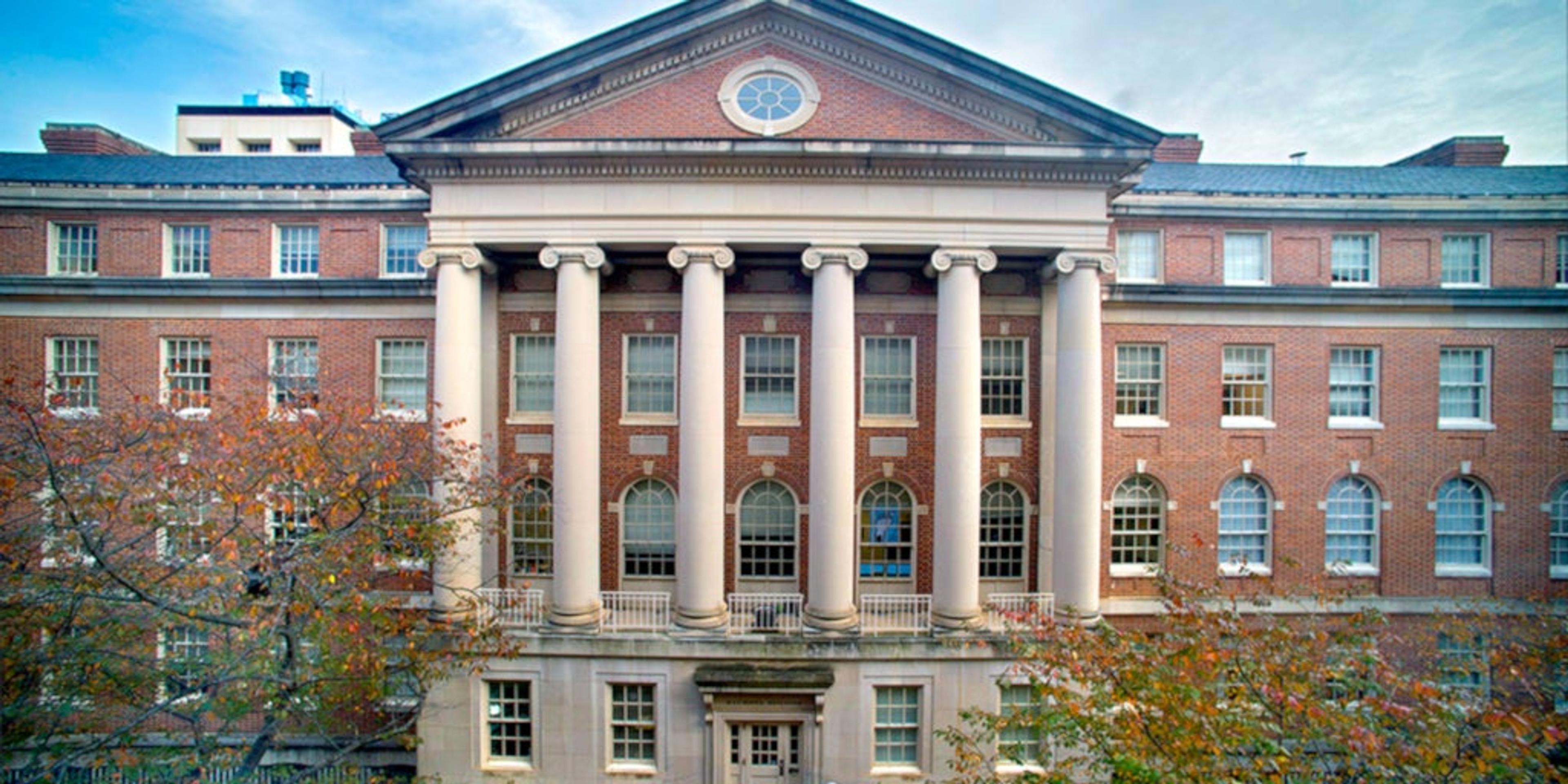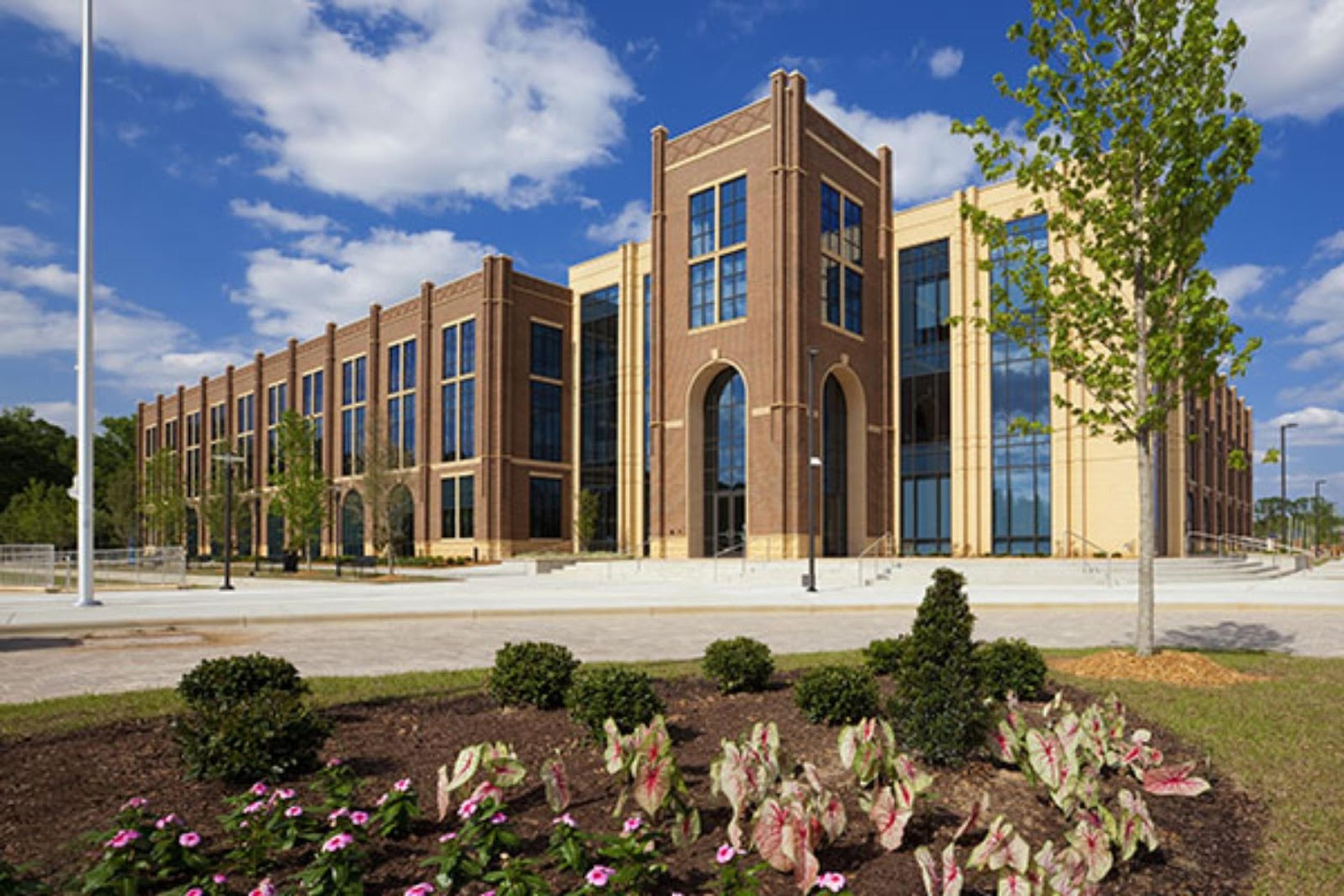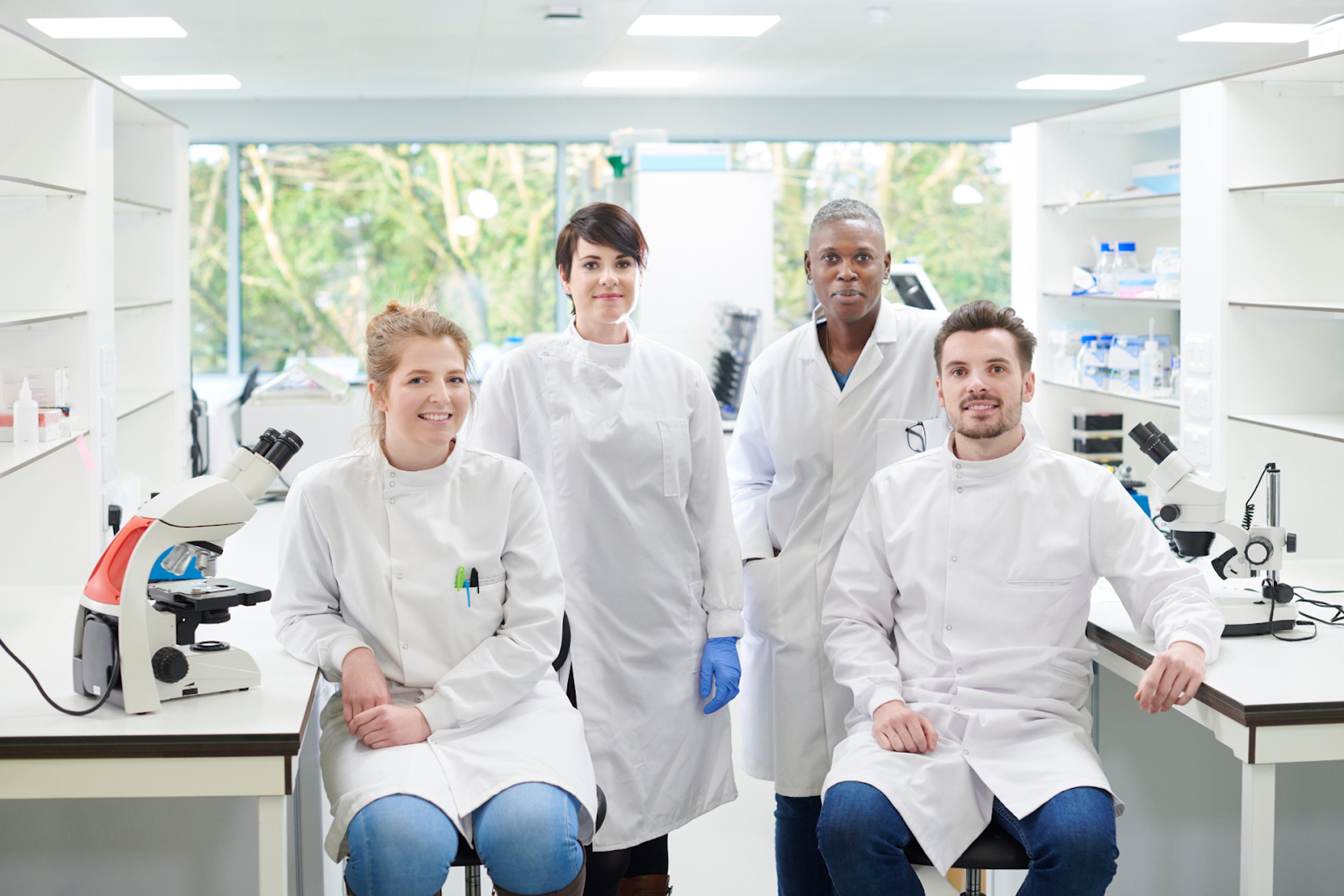The Journey to Becoming a Doctor: Skills, Education, and Commitment
Embark on the journey to becoming a doctor with this comprehensive guide that outlines the necessary skills, education, and commitment required for success.
Posted April 10, 2025

Table of Contents
Free Event

Featuring Jaspreet K.
Ask Me Anything: Medical School Applications
Starting Friday, April 25
12:00 AM UTC · 30 minutes

Featuring Jaspreet K.
Becoming a doctor is a long and challenging journey that requires a strong commitment to the profession, a specific skill set, and the right education. In this article, we will explore the different stages of becoming a doctor, the required skills, and the education needed to pursue this profession. We will also examine the challenges that a medical student faces, and the factors to consider when choosing the right medical school. Finally, we will discuss the various career options available for licensed doctors.
Understanding the Basics: What it Takes to Become a Doctor
Physicians spend many years preparing for their careers, including four years of undergraduate study, four years of medical school, and three to seven years of residency. After completing these requirements, doctors must pass a licensing exam to obtain a medical license to practice.
However, becoming a doctor is not just about completing the required education and training. It also requires a strong commitment to lifelong learning and staying up-to-date with the latest medical advancements. Doctors must also possess excellent communication skills, empathy, and the ability to work well under pressure. Additionally, they must be able to make difficult decisions and handle stressful situations with grace and professionalism.
Developing the Right Skillset for Medical School
Medical professionals must have excellent communication, critical thinking, and problem-solving skills. Additionally, they must possess a strong work ethic, emotional stability, and the ability to multitask. Medical students should also possess strong interpersonal skills, as they will be working closely with patients and their families. The best way to develop these skills is by gaining hands-on experience through internships, volunteering at hospitals, or taking on research projects.
Another important skill that medical students should possess is adaptability. The medical field is constantly evolving, and students must be able to adapt to new technologies, treatments, and procedures. They must also be able to work in high-pressure situations and make quick decisions.
Furthermore, medical students should have a strong foundation in science and math. These subjects are the building blocks of medicine, and students must have a solid understanding of them to succeed in medical school. It is also important for students to have a passion for learning, as the field of medicine is constantly changing and advancing.
The Importance of a Strong Work Ethic in Medical School
Medical school is one of the most challenging academic programs, and students must maintain a strong work ethic to excel. Expect long hours of study, research, and clinical experience, in addition to attending classes. Nevertheless, a positive attitude and strong work ethic can help students navigate the challenge of medical school. It's also important to have a healthy work-life balance.
Furthermore, a strong work ethic in medical school can also prepare students for their future careers as healthcare professionals. The demanding nature of medical school can help students develop skills such as time management, prioritization, and attention to detail, which are essential in the medical field. Additionally, a strong work ethic can help students build resilience and perseverance, qualities that are necessary when dealing with the pressures and challenges of practicing medicine.
Tips for Excelling in Pre-Med Courses
Students seeking admission to medical school must have an excellent academic record, including a high GPA and high scores on the MCAT standardized test. They will also need to demonstrate experience in healthcare professions, volunteering, and community service. To excel in pre-med courses, students should review their study materials consistently, participate in group discussions, and seek help from professors or tutors when necessary.
Another important tip for excelling in pre-med courses is to actively engage in hands-on experiences. This can include shadowing doctors, volunteering at hospitals or clinics, or participating in research projects. These experiences not only provide valuable knowledge and skills, but also demonstrate a commitment to the field of medicine. Additionally, students should prioritize self-care and stress management techniques, such as exercise, meditation, and time management, to maintain a healthy balance between academic and personal responsibilities.
Choosing the Right Medical School: Factors to Consider
Choosing the right medical school is a critical decision that will affect a student's career in medicine. There are several factors to consider, including location, curriculum, cost, and admissions requirements. Students should research the reputation of each school, available scholarships, and financial aid opportunities to make an informed decision.
Another important factor to consider when choosing a medical school is the faculty and their expertise. Students should research the faculty members and their areas of specialization to ensure that they align with their interests and career goals. Additionally, students should consider the research opportunities available at each school, as this can greatly enhance their education and future career prospects.
It is also important to consider the culture and environment of the medical school. Students should visit each school and talk to current students to get a sense of the community and support system. A positive and supportive environment can greatly enhance a student's learning experience and overall well-being.
The Rigorous Curriculum of Medical School: What to Expect
Medical school consists of basic science coursework and hands-on clinical experience. The first two years of medical school involve classroom learning, where students work on mastering the building blocks of medical knowledge, such as anatomy, physiology, and pathology. During the final two years, students gain clinical experience, working under the supervision of licensed physicians to put their knowledge into practice.
Medical school is known for its rigorous curriculum, which requires students to dedicate a significant amount of time and effort to their studies. In addition to attending lectures and labs, medical students are expected to spend countless hours studying and preparing for exams. This can be a challenging and stressful experience, but it is necessary to ensure that students are fully prepared to become competent and compassionate physicians.
Despite the challenges, medical school can also be a rewarding experience. Students have the opportunity to work with patients and make a real difference in their lives. They also have access to a wide range of resources, including state-of-the-art facilities and experienced faculty members who are dedicated to helping them succeed. With hard work and dedication, medical students can emerge from their training as skilled and compassionate physicians who are ready to make a positive impact on the world.
Clinical Rotations: Hands-On Experience in Medical School
Clinical rotations are crucial for medical students. During clinical rotations, students work with licensed physicians, gaining first-hand experience in the diagnosis and treatment of patients. They can choose areas of specialization, such as surgery, pediatrics, or oncology. Through clinical rotations, students learn to work effectively as members of a team and communicate effectively.
Furthermore, clinical rotations provide medical students with the opportunity to observe and learn from experienced physicians. They can witness different approaches to patient care and gain insight into the decision-making process. This exposure to real-world medical situations helps students develop critical thinking skills and prepares them for the challenges of practicing medicine. Additionally, clinical rotations allow students to network with professionals in their chosen field and potentially secure future job opportunities.
Specializing in a Particular Area of Medicine: Pros and Cons
Doctors may choose to specialize in a specific area, such as cardiology, gastroenterology, or oncology. Specialization offers the opportunity to focus on a niche area of medicine, work with specific patient populations, and receive higher salaries. However, specialization also requires extended training, and doctors may have to relocate to find the right job.
Another advantage of specializing in a particular area of medicine is the ability to develop expertise and become a leader in the field. This can lead to opportunities for research, teaching, and speaking engagements. Additionally, patients may seek out specialists for their specific medical needs, which can lead to a more fulfilling and rewarding career.
On the other hand, there are also some potential drawbacks to specializing in a particular area of medicine. For example, doctors may become too focused on their area of expertise and miss important diagnoses or treatments outside of their specialty. Additionally, the demand for certain specialties may fluctuate over time, leading to job insecurity or difficulty finding employment in a desired location.
Examining the Role of Residency Programs in Doctor Training
After medical school, aspiring doctors must complete residency programs to gain hands-on, practical experience in specific medical fields. During residency programs, medical professionals receive extensive medical training and supervision from licensed physicians.
Residency programs typically last between three to seven years, depending on the medical specialty. During this time, residents work long hours and are often on call, providing care to patients in hospitals and clinics. The experience gained during residency programs is crucial in preparing doctors for their future careers, as it allows them to develop the necessary skills and knowledge to provide high-quality medical care.
The Challenges of Balancing Medical School and Personal Life
Medical school is incredibly challenging, and students must navigate their academic demands while balancing their personal life and work commitments. Students should prioritize mental and physical health and engage in activities outside of medical school to avoid burnout.
Surviving Medical School: Self-Care and Stress Management Strategies
Medical students must engage in self-care and stress management strategies to survive the rigors of medical school. Activities like exercise, yoga, and meditation can help reduce stress and promote mental and physical well-being. Additionally, engaging in social activities, maintaining friendships and hobbies can help medical students maintain a healthy work-life balance.
The Importance of Networking in the Medical Field
Networking is essential in the medical field, and students should develop professional relationships with their mentors and peers. Networking develops professional connections, increases job opportunities and helps students stay current with the latest medical trends and breakthroughs.
Navigating the Path to Becoming a Licensed Doctor
After completing medical school and residency programs, aspiring doctors must pass a licensing exam to become licensed physicians. The licensing exam is typically a multi-step process, consisting of written and practical exams. Once licensed, physicians can choose to work in different medical settings, such as hospitals, clinics, or private practices.
Life After Graduation: Career Options for Doctors
After graduation, doctors have many career options. They may choose to work in primary care, specialized fields, or academic medicine. Additionally, doctors may work in research institutions, public health organizations, or government agencies. The career path of a doctor depends on their interests and specialization area.
In conclusion, the journey to becoming a doctor is a long, challenging, and immensely rewarding process. Students must possess the right skills, work ethic, and education to excel in medical school and gain hands-on clinical experience. Choosing the right medical school, engaging in self-care and stress management strategies, and developing a professional network can help medical students navigate the path to licensure successfully. Ultimately, career options for doctors are diverse, offering opportunities to make meaningful contributions to the healthcare profession in different settings.











